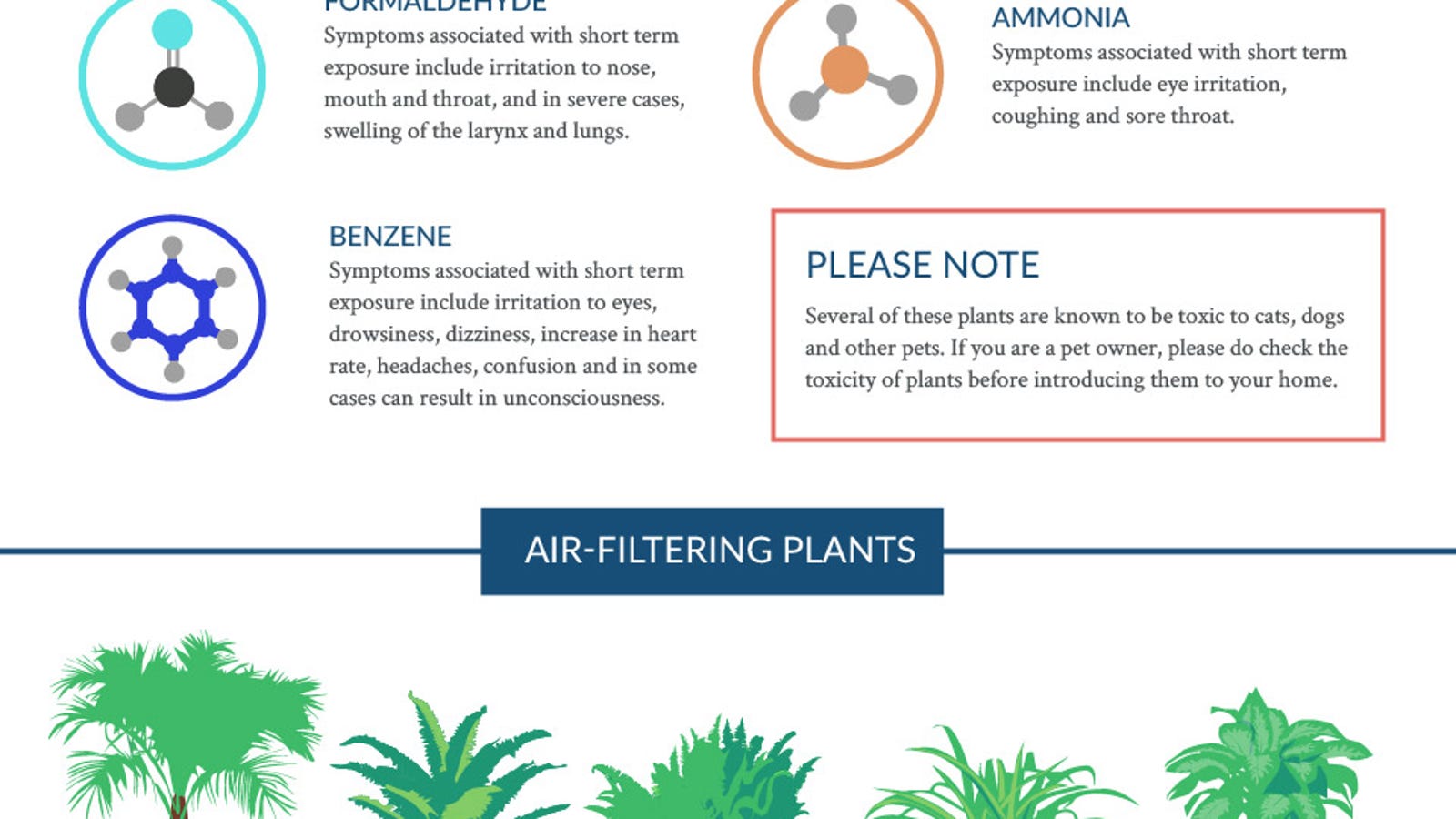The Relationship In Between Climate Conditions And Heat Pump Efficiency, Together With Solutions To Enhance Performance
The Relationship In Between Climate Conditions And Heat Pump Efficiency, Together With Solutions To Enhance Performance
Blog Article
Created By-Hewitt Sahl
When it concerns your heat pump, weather plays a crucial function in its performance. From freezing temperature levels to sweltering heat, each component can influence just how efficiently your system runs. However what can you do to deal with these weather-related difficulties and guarantee your heatpump is operating at its ideal? Remain tuned to uncover Read Even more and methods to maximize your heat pump's efficiency, despite the weather it deals with.
Weather Condition Elements Impacting Heatpump Effectiveness
Climate factors have a substantial influence on the performance of heatpump. One essential factor is temperature. Heatpump work by moving heat from outside to inside during winter season and the other way around in summer. As temperatures drop, it ends up being harder for the heatpump to remove heat from the outside air, reducing its efficiency.
One more key element is moisture. High humidity degrees can make it much more challenging for the heat pump to release warmth during the cooling process.
Additionally, wind rate contributes. Strong winds can dissipate the warm taken in or released by the heat pump, influencing its total performance.
Tips for Optimizing Heat Pump Performance
To improve the efficiency and long life of your heatpump, applying a few essential techniques can make a significant difference in its efficiency.
Firstly, make sure regular maintenance by cleansing or replacing filters every 1-3 months to prevent air movement blockages and make the most of air movement. Additionally, routine annual professional assessments to spot and resolve any kind of prospective problems early.
Optimal thermostat setups also play a crucial function. Throughout the winter, go for a temperature setup that's as reduced as comfy, and during the summer season, set it as high as comfy to lower the workload on your heat pump. Utilizing a programmable thermostat can aid you instantly adjust setups based upon your schedule.
Furthermore, securing leakages in ductwork and shielding ducts in unconditioned spaces can protect against power loss and improve general system efficiency.
Finally, think about installing a clever thermostat that can learn your routines and change settings as necessary, more enhancing your heat pump's performance. By following these pointers, you can ensure your heatpump runs effectively and properly throughout the year.
Best Practices for Weatherproofing Your Heatpump
For ideal performance and efficiency of your heat pump, applying weatherproofing procedures is important. Begin by securing any kind of voids or cracks around doors, windows, and ductwork to stop warmth loss and preserve a regular indoor temperature level.
Protect subjected pipes and ducts to prevent freezing throughout cold weather and guarantee appropriate air flow. Take into consideration installing a safety cover over the exterior system to shield it from extreme weather condition components like snow, ice, and particles.
On a regular basis tidy the exterior unit to remove dust, leaves, and debris that can block air movement and lower efficiency. In addition, maintain the area around the heat pump free from snow, ice, and plants to permit proper ventilation.
simply click the following webpage
Since you recognize just how climate influences your heat pump efficiency, you can take aggressive actions to enhance its effectiveness. By following the ideas described in this write-up, such as routine maintenance, thermostat modifications, and weatherproofing measures, you can ensure that your heatpump runs at its ideal no matter the climate condition. Stay ahead of the game and maintain your home comfy throughout the year.
